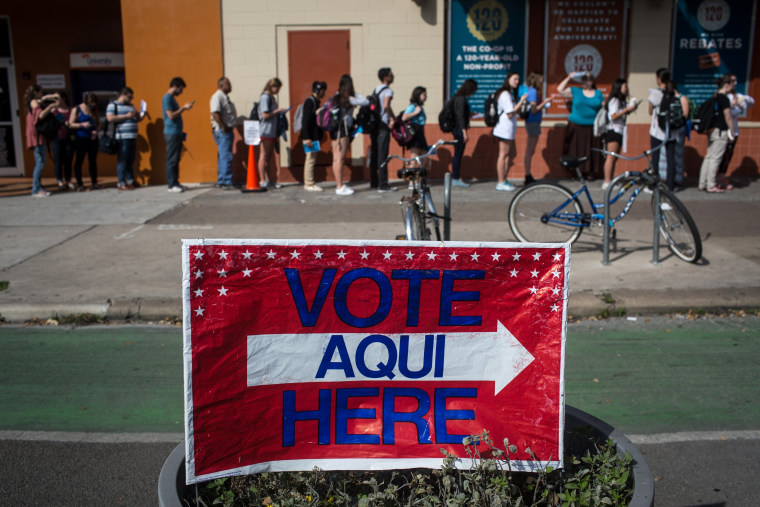The U.S. Supreme Court is declining to block enforcement of the recently enacted Texas voter identification law.
Passed in 2011 and subject to court challenges ever since, the law requires a photo ID to vote but limits the permissible forms of identification. College ID's, for example, are not accepted, but gun licenses are.
Related: Texas Voters Ask Supreme Court to Block Voter ID Law
A federal judge declared the law unconstitutional and found that more than 600,000 registered Texas voters did not have the kinds of ID's required by the new law. The judge said the law's burden would disproportionately affect Hispanics and African-Americans.
But an appeals court issued a stay, saying it wanted to review the law further, and blocked that ruling, allowing the law to go into effect. Challengers then asked the U.S. Supreme Court to lift the stay, which would have put the legal hold back into place.
On Friday, in an unsigned order, the Supreme Court denied that request. But it left the door open for the challengers to come back.
Related: Texas Sued Over Voter Registration Policies
"The Court recognizes the time constraints the parties confront in light of the scheduled elections in November, 2016. If, on or before July 20, 2016, the Court of Appeals has neither issued an opinion on the merits of the case nor issued an order vacating or modifying the current stay order, an aggrieved party may seek interim relief from this Court by filing an appropriate application.
"An aggrieved party may also seek interim relief if any change in circumstances before that date supports further arguments respecting the stay order," the court said in its brief order.

